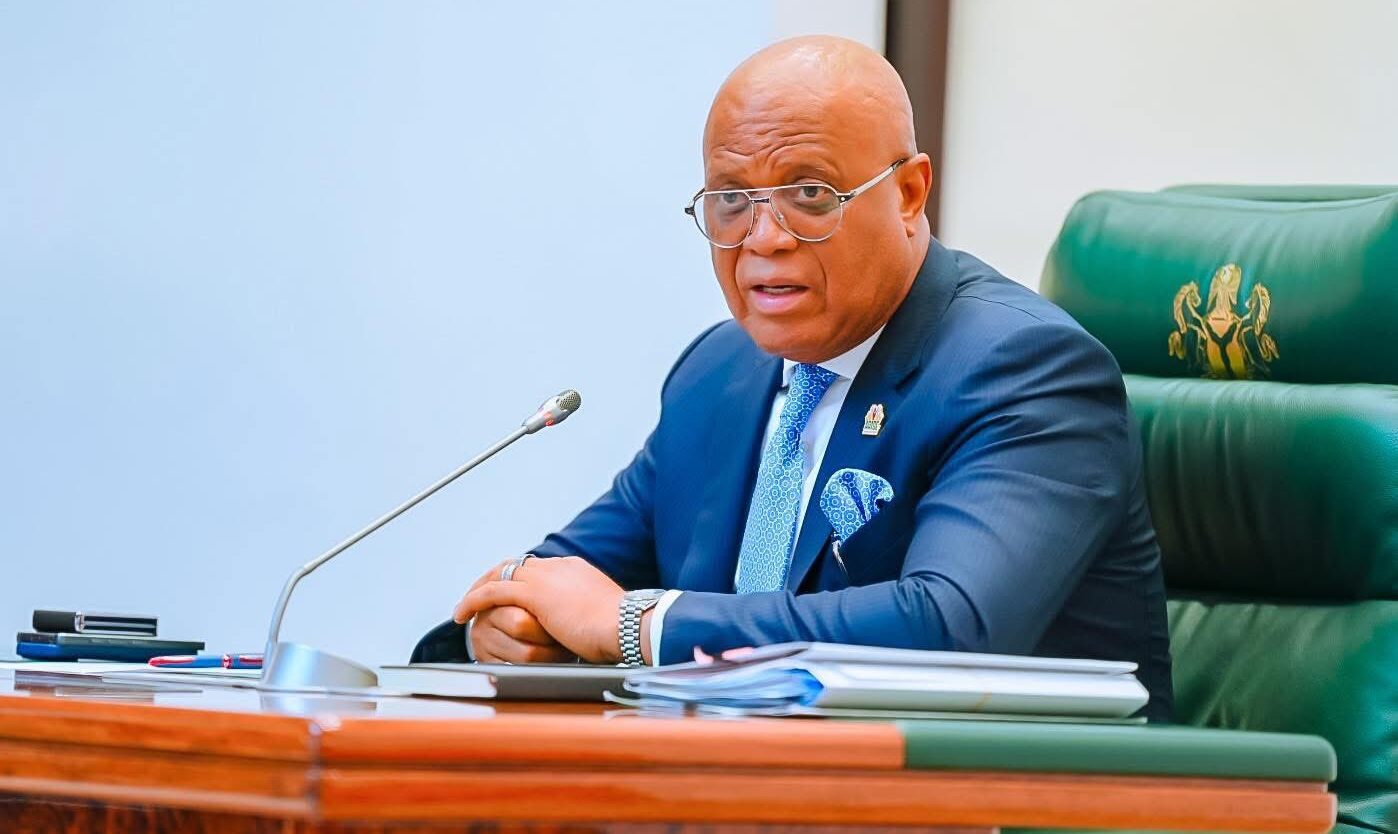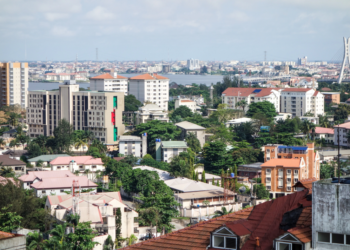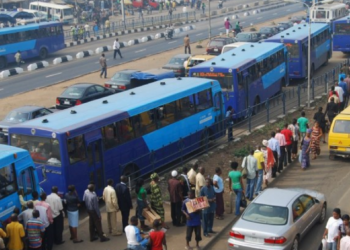Nigeria’s subnational debt profile witnessed a significant shift in 2024, as new data revealed that the combined debt stock of the 36 states declined by a massive 32.32% year-on-year, falling from N5.86 trillion in 2023 to N3.97 trillion in 2024.
The contraction signals a renewed focus by several state governments on debt sustainability, budgetary discipline, and alternative financing models amid growing fiscal pressures.
However, despite this broad-based decline, some states remain deeply entrenched in the country’s debt landscape, either due to existing financial obligations or a strategic push for infrastructure-led growth.
Here’s a breakdown of the top 10 states with the highest public debt stock in 2024 and how they compare year-on-year.
Top 10 Most Indebted Nigerian States in 2024

Akwa Ibom trimmed its debt by 35.85% after recording N190.48 billion last year—possibly driven by improved oil-related revenue inflows and improved fiscal discipline.
As a major oil-producing state and beneficiary of the 13% derivation fund, Akwa Ibom saw increased FAAC allocations in 2024 amid higher global oil prices and improved output. The extra revenues enabled the state to service its debt and limit new borrowings. The sharp debt drop underscores a deliberate effort to reduce exposure to debt while leveraging improved revenue streams.
The sharp drop in Akwa Ibom’s debt figure appears to be primarily driven by increased oil revenue inflows, supported by fiscal prudence and debt repayment efforts. With greater income from crude oil earnings, the state had more room to meet obligations and cut back on new borrowing, resulting in the impressive debt contraction.






















